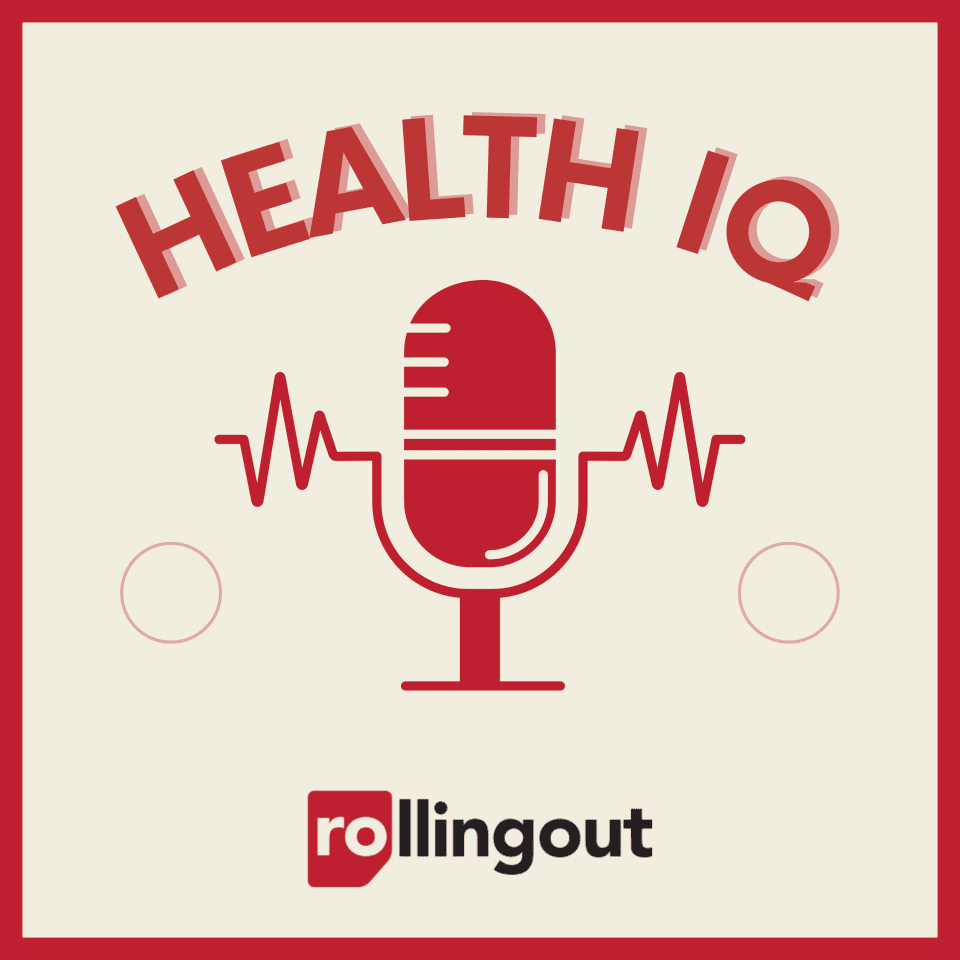New studies reveal unexpected connections between artificial sweeteners and chronic diseases

The artificial sweetener paradox
The allure of zero-calorie beverages has created a multi-billion-dollar industry built on the promise of guilt-free refreshment. But here’s the catch: diet soda‘s impact on health may go far beyond its calorie-free appeal. Recent research has begun to peel back the curtain on the complex relationships between artificial sweeteners and the body, questioning the long-held belief that these drinks are a safe alternative to sugary sodas.
The science behind artificial sweeteners
Artificial sweeteners are designed to trigger the sweet taste receptors on the tongue without adding any calories to your diet. It sounds like a win-win, especially for those looking to maintain or lose weight. But the reality is more nuanced. Research shows that the body’s response to these sweeteners can be more complicated than expected, potentially altering metabolic processes and creating unexpected consequences.
Studies have shown that artificial sweeteners can influence how the body processes glucose, leading to potential metabolic disturbances. These changes can affect everything from hormone regulation to insulin response, setting the stage for long-term health issues. The science behind it all involves the gut microbiome, where artificial sweeteners have been shown to disrupt the balance of bacteria, which could influence digestion, immunity, and even mood.
The hidden health impact
The evidence surrounding diet soda and health risks is mounting, and the potential dangers are more significant than you might think. Here are some of the biggest concerns:
Metabolic disruption
Diet sodas may interfere with how your body processes glucose. This could lead to insulin resistance, which is a precursor to more severe metabolic conditions, including type 2 diabetes and metabolic syndrome. While these beverages don’t contain sugar, their impact on insulin and glucose metabolism may be just as harmful in the long run.
Dental health consequences
Even without sugar, diet sodas aren’t harmless for your teeth. Their high acidity can erode enamel, the protective outer layer of your teeth. This erosion can lead to increased sensitivity, decay, and other dental problems. So, while your diet soda might be free of sugar, it could still be wreaking havoc on your dental health.
Cardiovascular concerns
Several studies have pointed to a connection between artificial sweeteners and an increased risk of cardiovascular issues. People who consume diet sodas regularly, particularly those who drink multiple servings daily, may be at a higher risk for heart disease. While the research isn’t definitive, the correlation is enough to raise eyebrows.
Microbiome alterations
The gut is home to trillions of bacteria that play a crucial role in digestion, immunity, and overall health. Artificial sweeteners have been shown to disrupt this delicate balance, potentially leading to an imbalance that affects everything from digestive health to mental well-being. Some studies suggest these changes may even impact how we crave certain foods and interact with our surroundings.
Understanding cravings and addiction
Diet soda’s impact goes beyond physical health—it extends into behavioral patterns and addiction. One of the most surprising findings is that artificial sweeteners may actually increase your cravings for sugar. The intense sweetness they provide can trick your brain into expecting a sugar rush that never comes, leaving you craving more. Some research even indicates that artificial sweeteners may interact with dopamine pathways, similar to how addictive substances do, making diet soda more habit-forming than you might have thought.
The rise of natural alternatives
As people become more aware of the potential risks associated with diet sodas, the beverage industry is stepping up to offer healthier alternatives:
Naturally sweetened options
Beverages sweetened with natural sweeteners like stevia, monk fruit, or agave are gaining popularity. These alternatives offer a sweet taste without the same metabolic and microbiome disruptions associated with artificial sweeteners.
Functional beverages
Drinks that come with added benefits like prebiotics and probiotics are becoming the new norm. These beverages aim to support gut health, which is critical for overall well-being.
Enhanced waters
Flavored waters infused with minerals, electrolytes, or natural flavors have made their way to the forefront as refreshing, low-calorie options without the risks of artificial sweeteners.
Fermented beverages
From kombucha to kefir, fermented drinks are trending as people look for more nutritious alternatives to diet soda. These beverages often contain beneficial bacteria and compounds that support gut health and may even help with digestion.
Breaking the diet soda habit
Making the shift away from diet soda can be challenging, especially for those who have relied on it as a go-to refreshment. The key is understanding both the physical and psychological dependencies that make it so hard to quit. Reducing consumption gradually is one strategy that works for many, allowing your taste buds to adjust to a less sweet profile. Finding satisfying, healthy alternatives can also help satisfy the underlying craving for flavor and refreshment.
Whether you choose naturally sweetened beverages, functional drinks, or even flavored water, breaking the diet soda habit is a step toward better health. The choice to make that change could lead to improved metabolic health, better dental hygiene, and a happier, more balanced gut.













